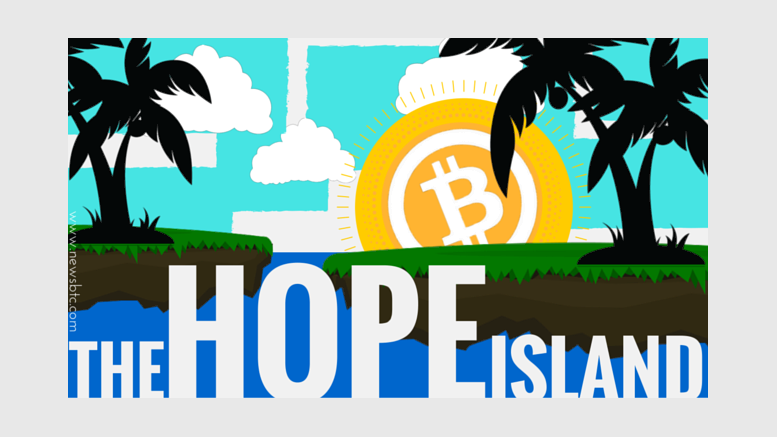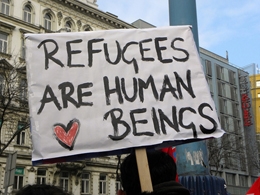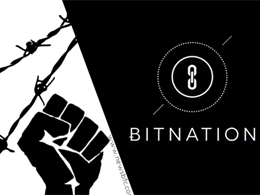
How the Blockchain Can Save Refugees
The media sensation surrounding Aylan Kurdi-who drowned on the way to Greece, fleeing Syria for a new life in Canada-has brought renewed focus to the refugee issue. Thanks to violent conflicts in the Middle East, Afghanistan, and across northern Africa, more than 300,000 people have crossed the Mediterranean sea for Europe this year, already up almost 50% percent from 2014. 2,500 people are confirmed to have died this way, a crisis of immense proportions. Governments around the world have shown little concern. Europe's current wave of right-wing politics has led to a crackdown on....
Related News
Syrian and Iraqi refugees have fled war torn nations for Europe, leaving authorities in Europe overwhelmed. The process has been described as chaotic, and Europe is divided over how to handle the influx of refugees. One possible solution is refugee registration with the blockchain. A group of young Spanish hackers, calling themselves NevTrace, wants to streamline how refugees make it to, and assimilate in, new lands. The team has devised a platform featuring aspects of the Bitcoin technology to register all refugees fleeing the war in Iraq or Syria on a blockchain.
BitNation, which is a collaborative platform for do-it-yourself governance, just launched an emergency response program using blockchain tech to aid refugees. Currently, thousands of refugees are fleeing Syria and nearby countries due to the ongoing turmoil. Several governments, including that of Britain and Australia, have pledged to accept and resettle several refugees. Roughly 400,000 refugees have arrived in Europe so far this year and many more are expected to come within the next months. BitNation Refugee Emergency Response (BRER). According to its website, the BRER is a humanitarian....
Blockchain technology may help refugees maintain legal identity and have access to relief services when they cross borders, according to Staci Warden, executive director of the Center for Financial Markets at the Milken Institute, writing in The Wall Street Journal. Refugees often have their IDs confiscated when they leave their country of origin. Without proof of citizenship, they find themselves in legal limbo. Their problems are compounded by having bank accounts confiscated when they leave their home country. After crossing borders, migrants often lack access to economic and social....
Last October, dozens of refugees remained stranded in Calais after authorities announced the closure of Calais’ ‘Jungle’. In a report from the Guardian, over 1,000 refugees remained, including more than 100 children, with many facing the prospect of having nowhere safe to sleep. Yet, with French and U.K. officials accusing each other of not doing more to sort the situation out, the ‘Jungle’ became a poignant representation of Europe’s failure to tackle the migrant crisis. Humanitarian Blockchain. One organization is stepping forward with blockchain ideas and solutions designed to address....
In 2015, more than a million refugees from the Middle East sought asylum in Europe, in particular those from Syria, with many landing in Greece. Resettlement of these new immigrants can prove challenging because of a difference in language, culture, and education. A new blockchain-based startup, Match & Teach Me (which recently won 1st prize in a competition for innovation at the National Technical University of Athens), aims to solve the education problem by psychometrically matching the learning and teaching styles of refugees and teachers for a more effective education process.....





